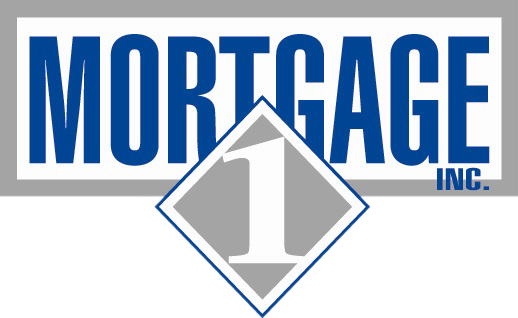
MSHDA Income and Sales Price Limits 2024
June 12, 2024
MSHDA Loan Requirements and Guidelines for MI Home Loans
July 18, 2024You just bought your house. Your next step is to set up your future payment schedule. But when exactly is that first payment due? Knowing this can help you plan your budget more effectively, ensure you’re prepared for your first payment, and avoid late payment fees.
| Getting Pre-Approved is Quick and Hassle Free Give us a call at 1-866-532-0550 to learn more or get preapproved today with our easy-to-use digital preapproval app. With Pro SNAP, getting approved is secure, convenient, and takes as little as 15 minutes. |
When Is Your First Mortgage Payment Due After Closing?
Your first mortgage payment is typically due on the first of the month, 30 days after you close on your house. Mortgage payments are made in arrears. This means that each payment covers the previous month’s mortgage balance rather than the current month. For example, if you move into your new home on January 15, your first mortgage payment would be due March 1. This payment would cover the interest accrued in February.
To put it simply:
- Move-in January 15: The first payment is due March 1.
- Move-in February 25: The first payment is due April 1.
The arrears system allows you a mini breathing room between closing and your first payment, giving you time to settle into your new home.
Impact of Closing Date on First Payment
When you close on your home, the timing determines how long you have before making your first mortgage payment. Here’s a quick breakdown:
- Closing Early in the Month: If you close on May 3, your first payment will be due on July 1. This gap gives you nearly two months before your first payment, but you’ll need to prepay interest from May 3 through May 31 at the time of closing. This can mean bringing more money to the closing table, but you get a longer gap before starting monthly payments.
- Closing Late in the Month: If you close on May 25, your first payment is still due on July 1. This gives you a shorter gap between closing and your first payment but requires less pre-paid interest, reducing the upfront payment needed at closing.
In both scenarios, you’re not skipping a payment—you’re simply adjusting the timing and amount based on when you close.
How Much Is Your First Mortgage Payment?
Now that you know when your first payment is due, you might be wondering how much it will cost. Mortgages are amortized, which means you can estimate your future payments accurately. An amortization schedule provides a clear outline of your monthly mortgage payments. This schedule breaks down your payment amount into two parts:
- Principal: This is the loan amount that you borrowed.
- Interest: This is the cost you pay to borrow the money.
The majority of your early mortgage payments will go toward paying off the interest. Over time, this balance shifts, and more of your monthly payment will go toward the principal.
Your mortgage payment might also include:
- Private Mortgage Insurance (PMI): Required if your down payment was less than 20% of the home’s value.
- Escrow: Your lender may set up an escrow account to collect funds for property taxes and insurance to pay monthly rather than a lump sum payment.
- Homeowners Insurance: While not required by law, most lenders require homeowners insurance if you are financing your home.
- Homeowner’s Association (HOA) Fees: Applicable if you’re part of a housing community with shared amenities.
- Late Payment Fees: Charged if your payment is not made on time.
What Happens If You Miss A Payment?
Missing a payment isn’t just a tiny inconvenience. Those late fees can add an extra burden to your next month’s payment and impact your financial standing. Think of it as a snowball effect—what starts as a small roll of missed bills can quickly turn into a financial avalanche.
Failing to make timely payments could lead to:
- Drop in Credit Score: Even one missed payment can significantly lower your score and impact your credit for years to come.
- Higher Interest Rates: Future loans could come with higher interest rates due to the increased risk you represent.
- Difficulty Getting Loans: A lower credit score can make it harder to obtain loans for cars, education, or even another home in the future.
If you’re falling behind on your mortgage payments, contact your lender to discuss your options.
Mortgage 1 Has You Covered from Preapproval to Payment
Understanding the timing of your first mortgage payment is crucial for effective financial planning. At Mortgage 1, we ensure you have all the information you need right from the start. Get personalized advice on managing your mortgage payments, learn about flexible payment options tailored to your needs, and ensure a smooth transition into your new homeownership. Plus, you can get preapproved online with Mortgage 1 today.
Visit our website or call us at 866-532-0550 to speak with a mortgage specialist. Let us help you make your homeownership dreams a reality with ease and confidence.





